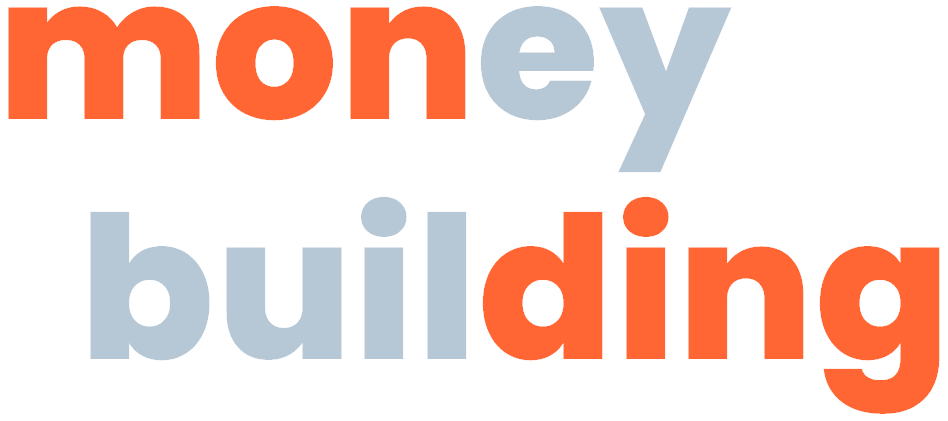9 Good Reasons to Create Your Own Financial Plan
It takes effort to create a solid financial plan. You need to find all your documents and data, make some decisions and write everything down. The tools in the framework would support you, but there is still some work to be done. So why should you do it?
In short, to make more of your money. American psychologist Gail Matthews showed in a 2007 study that people who write down their goals are significantly more likely to achieve them than those who do not. That alone would be a strong argument. Here are nine more reasons to create your own personal financial plan.
The 9 Reasons
1. Focus in the Right Direction
The financial plan puts goals and the steps to achieve them in writing. It provides the great guide for your future action that you can refer to again and again. And it keeps your money and attention focused in the right direction.
2. Keep the Overview
The financial plan includes all the elements, considerations and decisions that affect how you manage your money. It puts them in context, creating clarity and overview.
3. Make Educated Decisions
The financial plan considers possible strategies with their opportunities and risks in advance. Building it gives you time to consider the arguments and possible implications of important decisions. You are well prepared and can make quick, informed and targeted decisions when needed.
4. Increase Chance of Success
The financial plan replaces gut decisions, which often lack facts, data and figures, with systematic planning in advance. This increases the likelihood of achieving your goals.
5. Mitigate Risk
Medium- and long-term investments always involve risk because the future cannot be predicted. Systematic financial planning considers potential risks and, if necessary, takes steps to avoid or minimize their impact.
6. Stay in Control
The financial plan allows you to compare at any time whether things are developing as planned. As mentioned above, the future is uncertain, and if you recognize deviations in time, you can intervene and take control. But it all starts with having a plan to compare against.
7. Communicate Clearly
With a financial plan, you can easily explain to your loved ones or your banker exactly what you want to do with your money. They will understand your ideas and intentions, and they will realize that you know what you’re doing.
8. Stay Relaxed
You are well prepared. Whenever you get anxious, just look at your financial plan to see where you stand. Because you have thought of almost everything in advance, there is little that can surprise and upset you now. You are simply well prepared.
9. Foster Long-term Security
Especially with long-term goals, it can be critical if something doesn’t work out. When it comes to retirement, for example, there is a strong desire for security to avoid unpleasant surprises in later years. A financial plan provides the tools to ensure as much of that security as possible.
What’s next?
Take a look at the elements of a financial plan, how they fit together, and how you might use them to support your needs. And look at how the Monding Framework can help you along the way.
